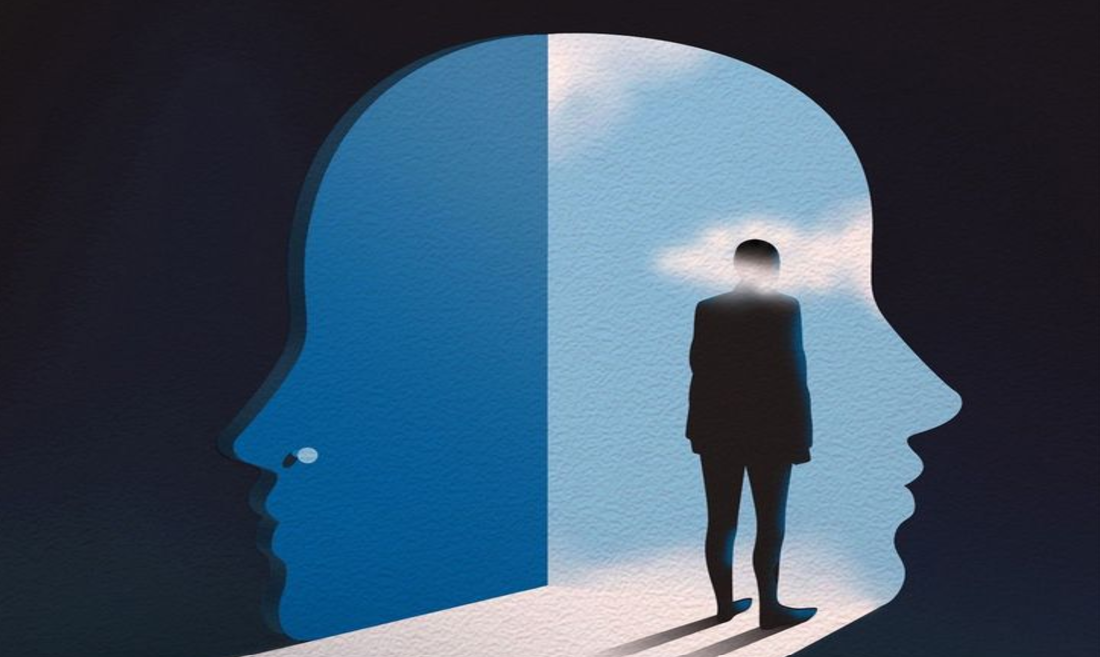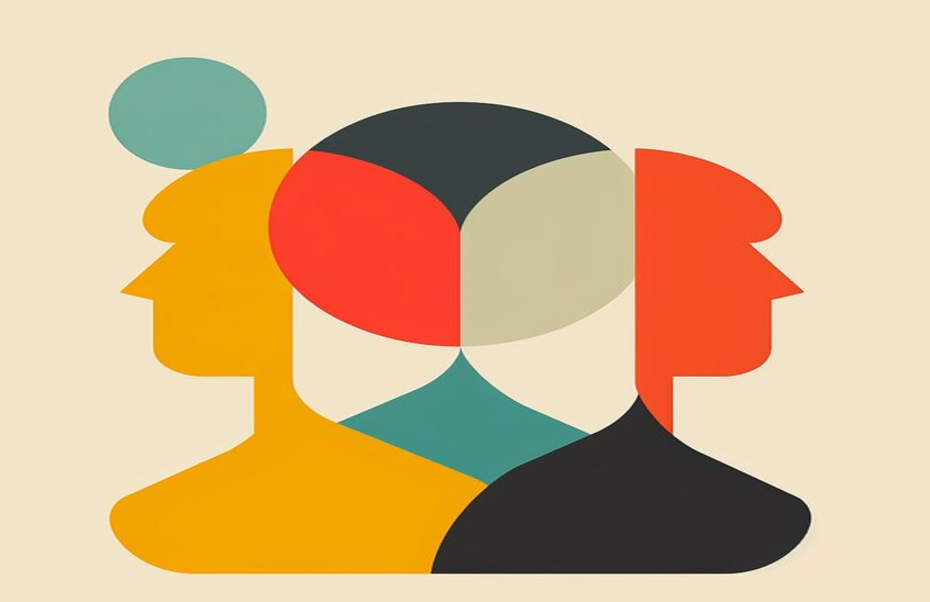By Mariam Karagianni,
In the essay collection, The Face of the other and the Trace of God, the main concept discussed is that no matter how well we know someone there will always be something unknown about the other. What Emmanuel Levinas wanted to convey is that no matter how familiar or close someone is to us, there’s just no way to know them in totality. In the face of that person, we are inevitably met with both the known and the unknown sides of them; it’s as if we see them but don’t actually know them.
How many times have the actions of a person we thought we knew well surprised or shocked us? The skepticism that usually follows such actions leads us to a realization that it may be best to distance ourselves from them and… ponder. We are prompted to form thoughts from a new perspective that we had not considered before and look at the given situation anew, through a fresh pair of eyes.
But what happens if the same trail of thoughts and practices is directed not toward someone else but ourselves? Really, have any of you considered viewing yourselves as strangers?
In his book, The Epistemology of Resistance, philosopher José Medina describes self-estrangement as a process in which individuals disconnect from their own identities, beliefs, and experiences. This is a very acute form of critical self-reflection and self-questioning to unmask the social constructions imposed on us by oppressive ideologies —the supposed “natural order of things”. Through this practice, we become something akin to epistemic subjects, recognizing where society and its values have failed not only us but also various societal groups (e.g., marginalized communities). It also gives us a way to personal growth and transformation, ultimately freeing us from ingrained prejudices, assumptions, and a very undemocratic frame of mind.

The key to becoming an epistemic being, instead of remaining latched onto a pseudo-reality, in which everything is as it should be, is to continually dwell on the knowledge we already (think) we have. This way, we develop better analytical reasoning within our minds that can unveil hidden biases. Most importantly, we avoid subjecting others, like a new generation growing up, to harmful systems of knowledge. This mindset has allowed society to progress throughout history; think of women’s right to vote, for instance. While it was accepted for the entirety of earlier times that only men could vote, gradually, various women’s rights movements began questioning that “norm”. They urged broader society to review this gender-based assumption from a different outlook (as objective strangers), thus reshaping their way of thinking into a healthier and more gender-balanced mindset.
A similar rationale stands with another philosopher, Nietzsche. In his book, On the Genealogy of Morals, he asks the reader to cease thinking that society, its structures, and beliefs are meant to be this way. History does not progress in a straight, preordained line; this was merely a manipulative concept planted in the heads of the weaker to justify the so-called natural right to rule of those in power in feudal and monarchal societies.
Nietzsche divides morals into two categories: master and slave morality, where the former have the natural right to rule (and their values stem from their strength), while the latter have the natural duty to obey (they claim moral superiority through their humility and suffering). Both are unnatural. In fact, they are the byproducts of a power imbalance where the “masters” rule, but the “slaves” impose their values on society.

Furthermore, one must not forget that history is only simple and unified when we read it solely through the eyes of the winners, overlooking all the voices that go unheard. Through genealogy and self-estrangement, we can question the so-called natural histories, make alternative connections to what has been told, and stand against the inherent tendency to submit to a moral framework that prevents us from reaching our full potential. Thus, we become more compassionate and self-aware human beings.
In our pursuit of understanding the complexities of human relationships and our navigation within ourselves and the society that surrounds us, it’s easy to lose sight of who we are. Worse yet, we risk becoming overtly nihilistic, undermining all the progress we’ve made. It is crucial to remember that there will always be parts of ourselves and others that remain unknown, and dismantling social structures cannot happen overnight. However, this article encourages us to begin questioning ourselves and everything around us instead of blindly following along. Embracing the mystery within each person can help us form stronger bonds and cultivate greater empathy —and that’s exactly the foundation of a healthy and resilient society.
References
- José Medina. “The Epistemology of Resistance: Gender and Racial Oppression, Epistemic Injustice, and Resistant Imaginations”. Oxford University Press, 2013.
- Friedrich Nietzsche. “On the Genealogy of Morals”. CreateSpace Independent Publishing Platform, 2012.




